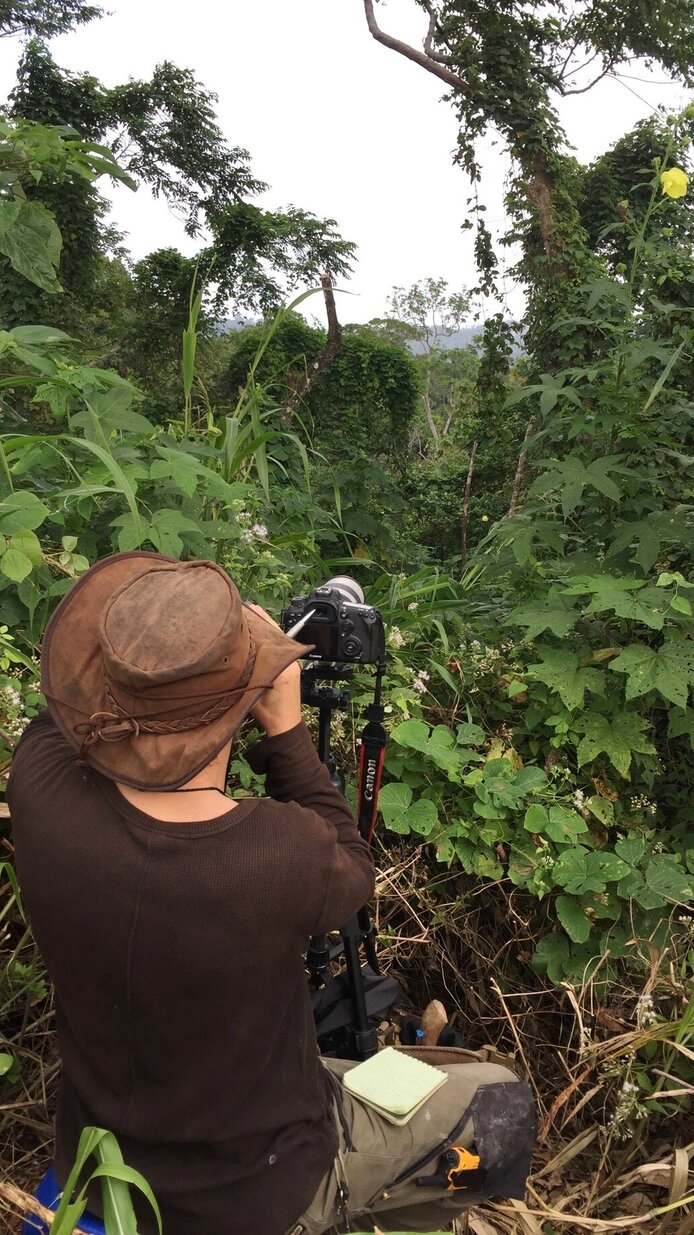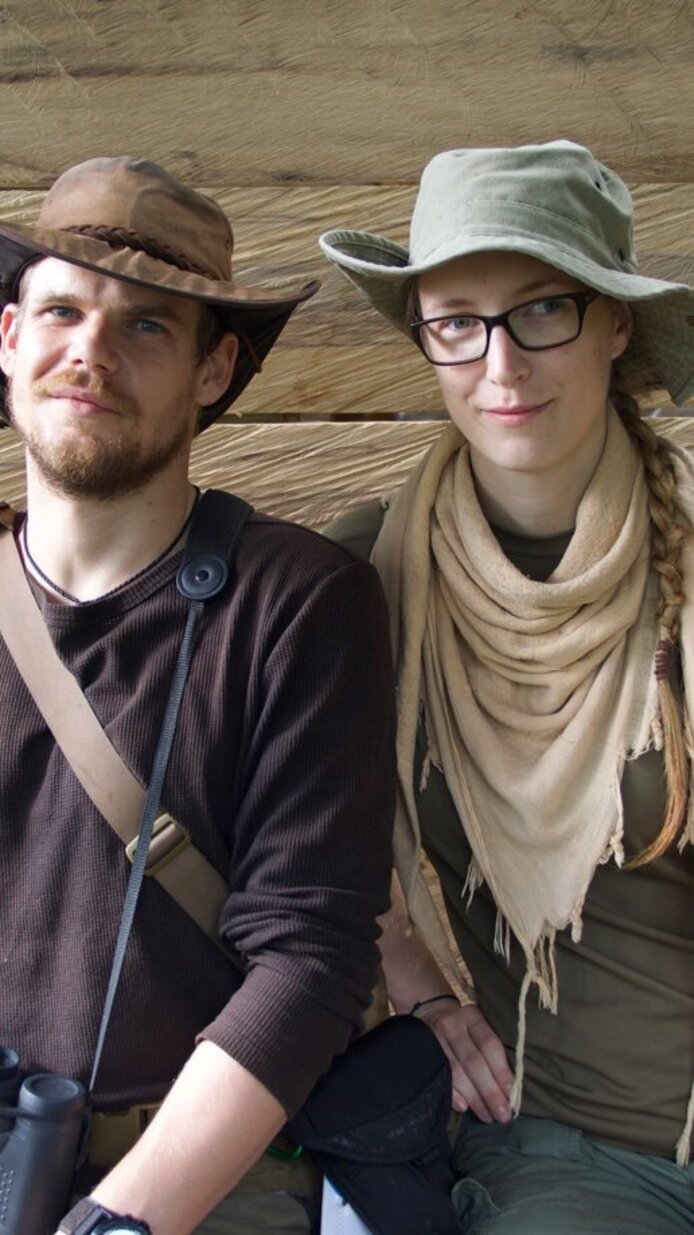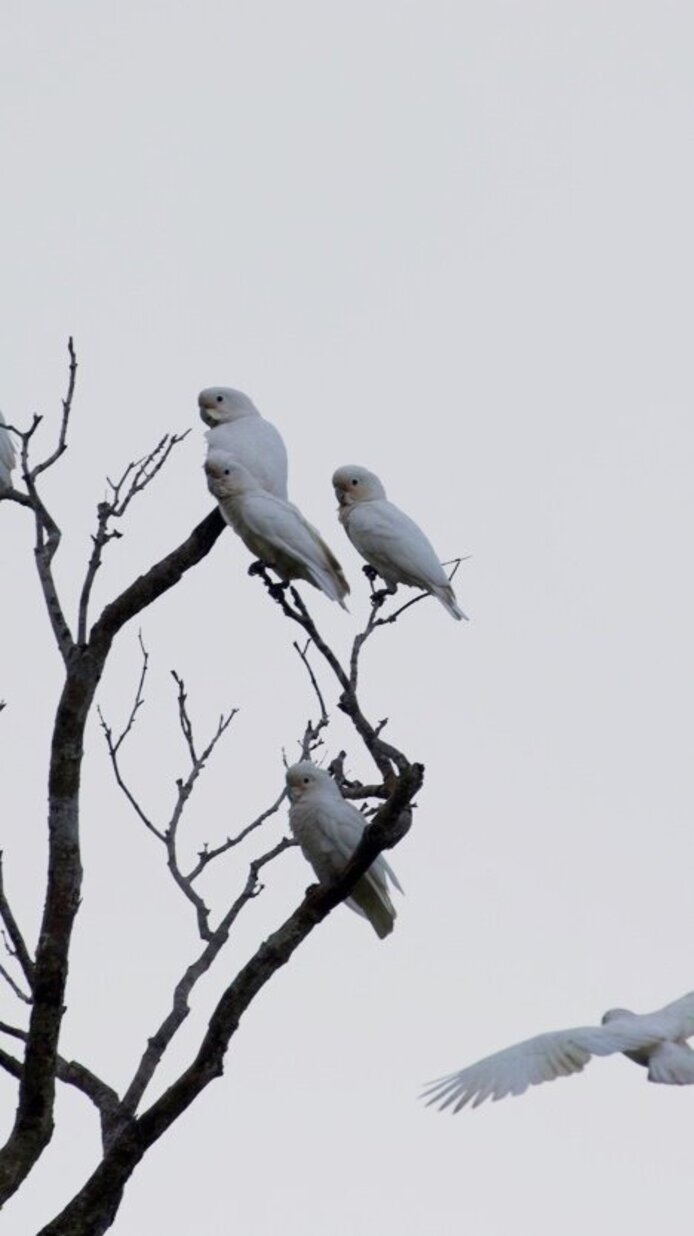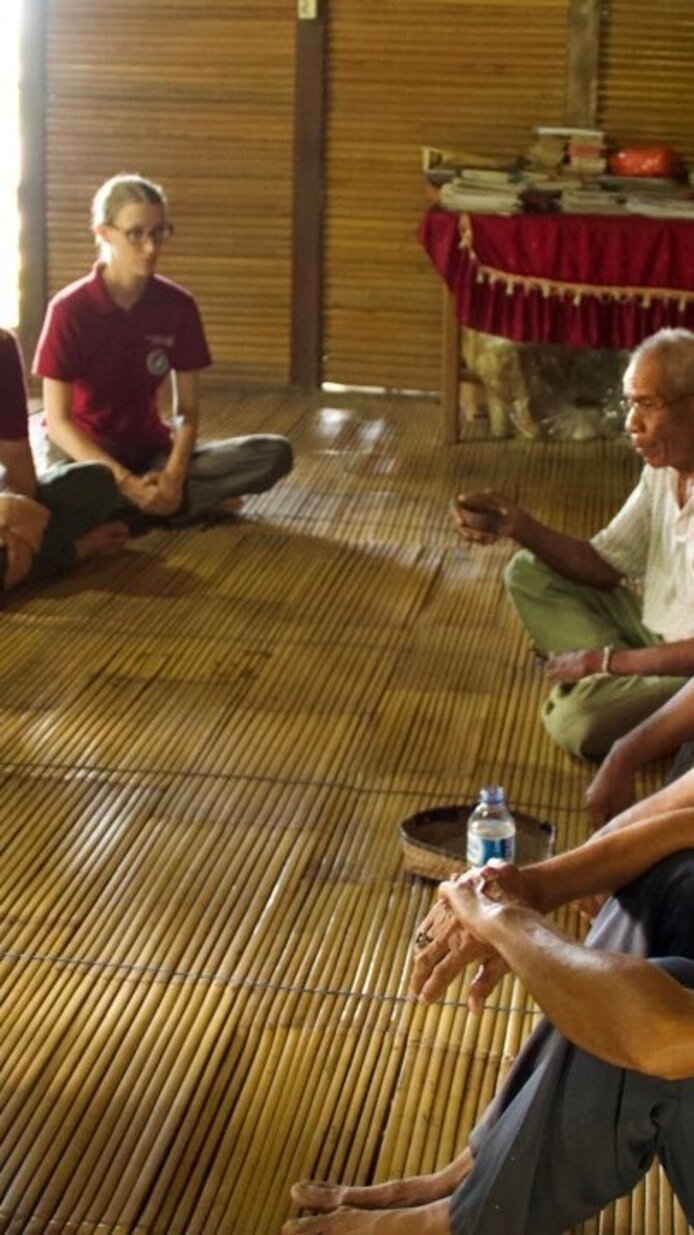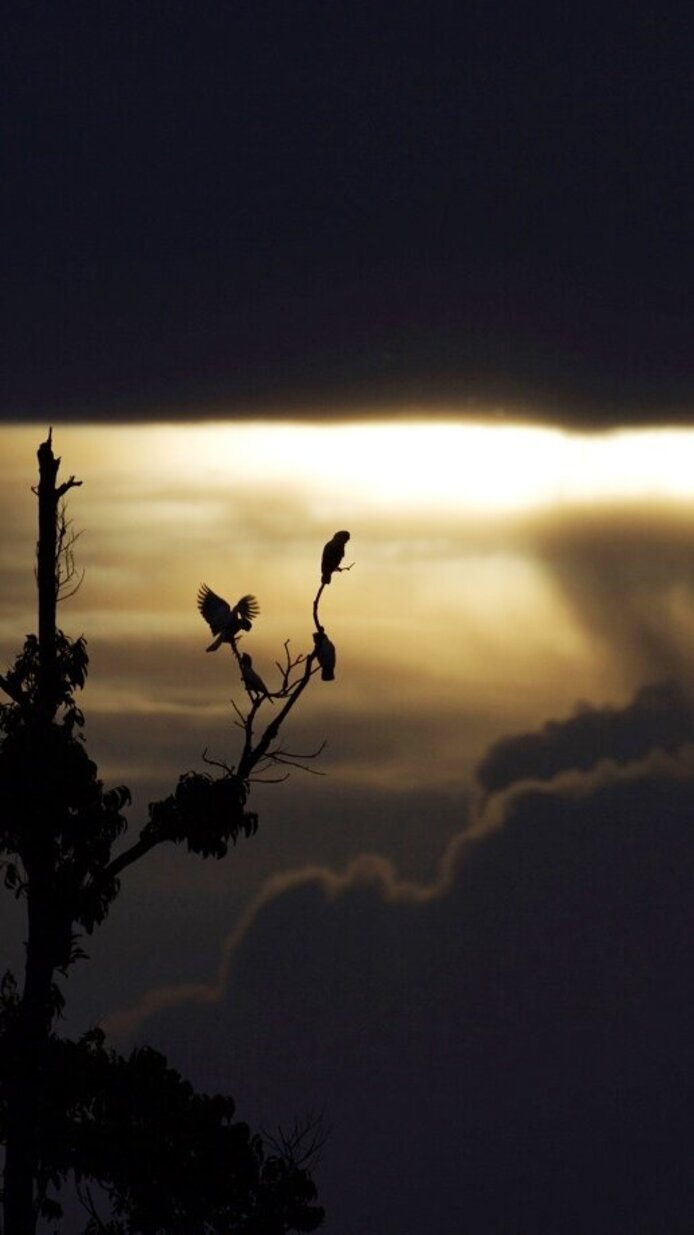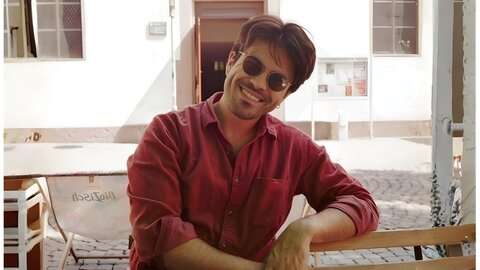The cockatoos of the forgotten islands
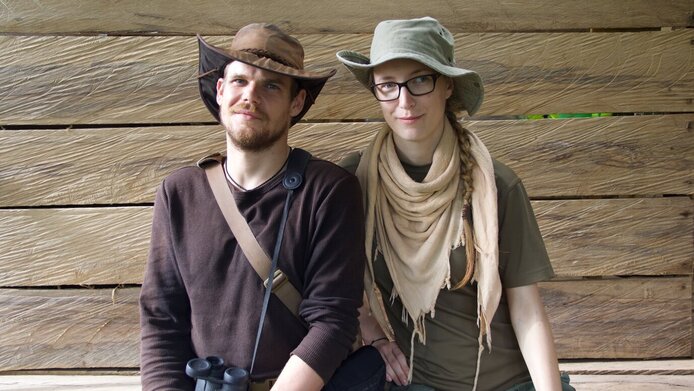
Only little was known about the behavior of Goffin’s cockatoos when I first arrived on Tanimbar, still during the time of my PhD. Through lab based studies in a large, enriched aviary in Austria, we knew that these cockatoos are really smart. But to understand which environmental factors contributed to the development of such an intelligence we had to go to the field. Together with my colleague and partner Berenika Mioduszewska, the Indonesian Institute for Science (LIPI), great support from our home institute (the Messerli Research Institute) and the help from enthusiastic locals we established a simple field-station on Yamdena, the largest island of the Tanimbar-archipelago and the only place where this species occurs naturally.
The station is a great base to investigate the cockatoos’ behavior in their natural environment and in a specially designed aviary we can get a close-up look of how they handle certain problems. Every year we catch a small group and present them with little tasks which they can solve voluntarily before we release them back to nature. Already after my first stay on Tanimbar I had decided to apply for a Schrödinger fellowship at the FWF, to be able to continue this kind of research. Once I actually received the stipend we and our local team were delighted and relieved. On Jawa at the host institution (LIPI) I am giving workshops and learning a lot, especially about conservation concepts for south-east Asia and how to promote and implement such concepts. We quickly made good friends with our Indonesian colleagues and often laugh about the cultural differences (and similarities).
More information
The rough charm of the forgotten islands
But most of the time Berenika and I are at our simple station together with colleagues and our team of local farmers in the field. The Tanimbar archipelago, in the southern part of the Moluccas, is also referred to as the ‘forgotten islands’ as it is quite remote and still relatively pristine. However, one must not imagine life on a remote tropical island too romantic. The weather is dominated by monsoon storms, which we endure in our little wooden huts. Logistics and arranging basic necessities, such as water and electricity, as well as communication with the outside world can be challenging. Fieldwork itself is always strenuous and the administrative bureaucracy in Indonesia can be daunting. But the possibility to be in nature and conduct research is definitely worth any unpleasantries. To be able to watch the forest awaken with the sunrise, observing the cockatoos play and fool around, being welcomed into the local society with their (at least partially) preserved rituals and exotic customs, as well as to just experience the flair of the forgotten islands is just inexplicably beautiful each day.
Life lessons
We have grown accustomed to the simple life and definitely developed new perspectives towards western luxuries (such as water from a pipe – in a wall – that one can even drink!). I learned contentedness and that one might be very happy with relatively little if one can pursue ones passion. Therefore, I am forever grateful to the Austrian Research Fund for enabling me to live this adventure.
